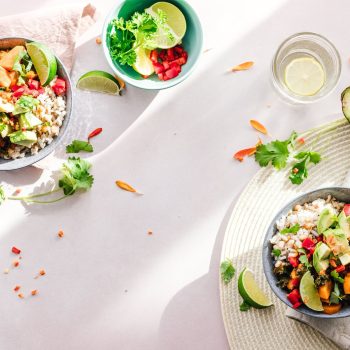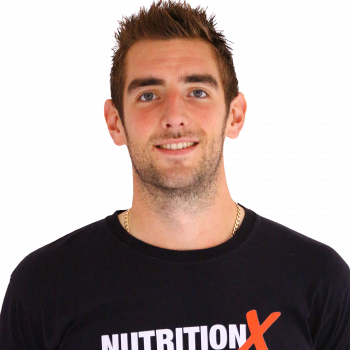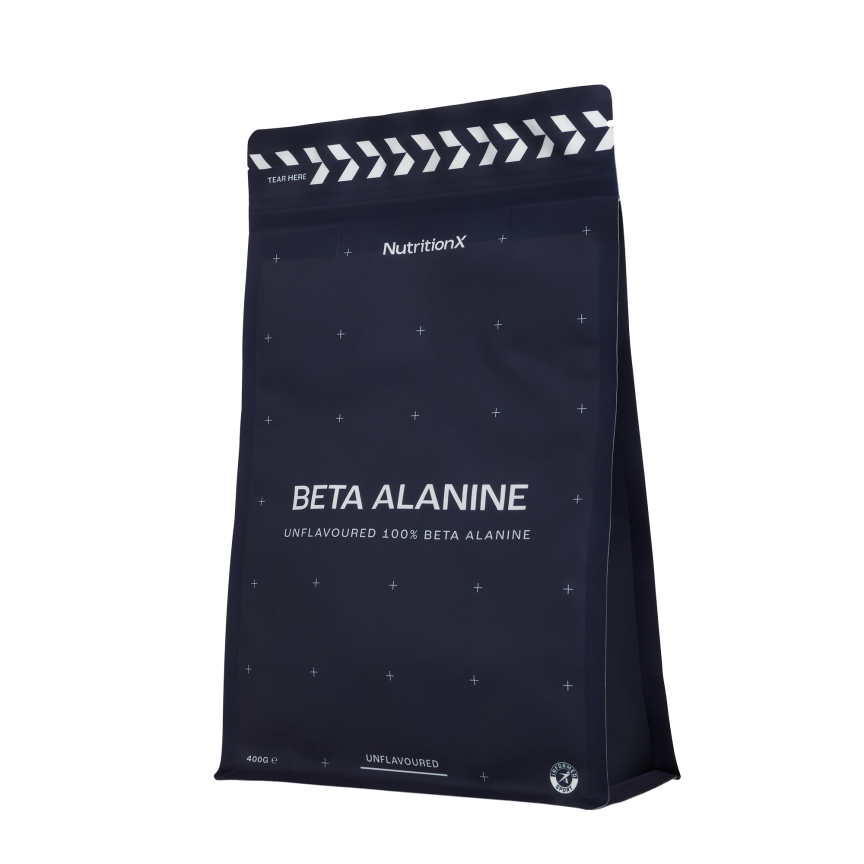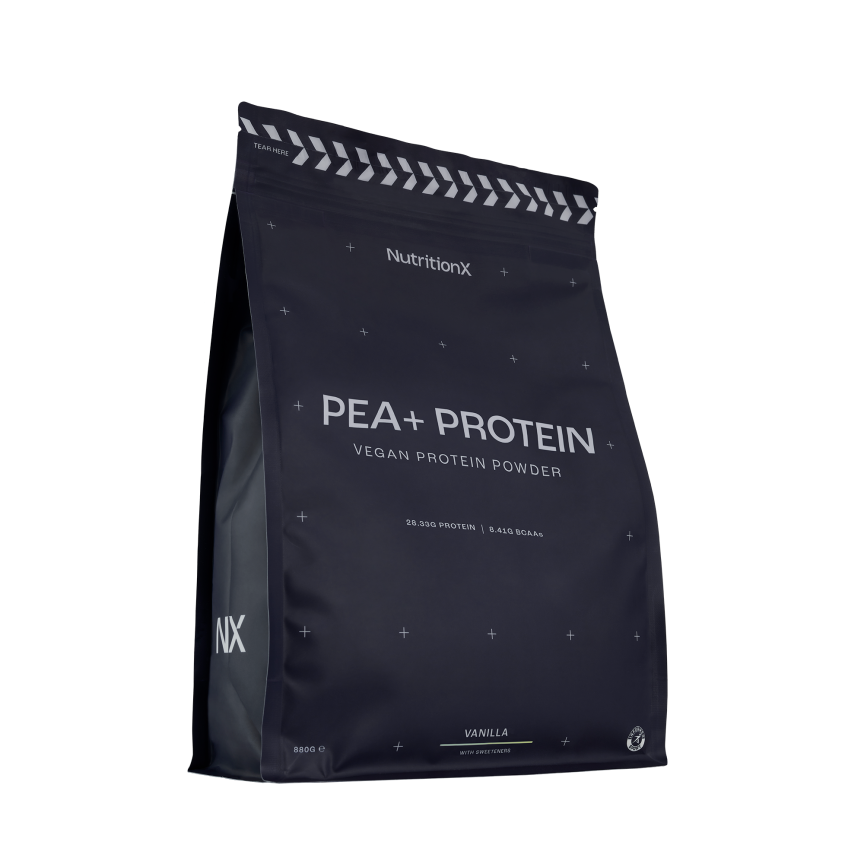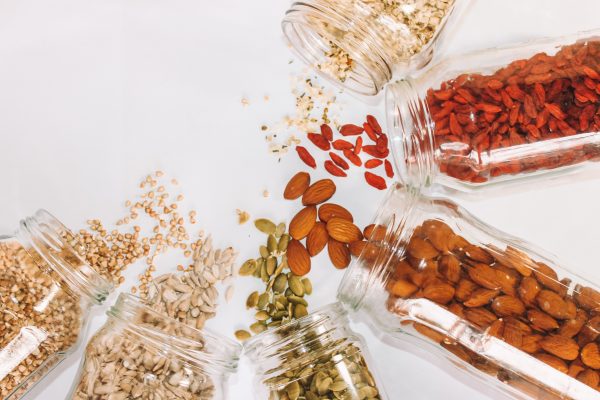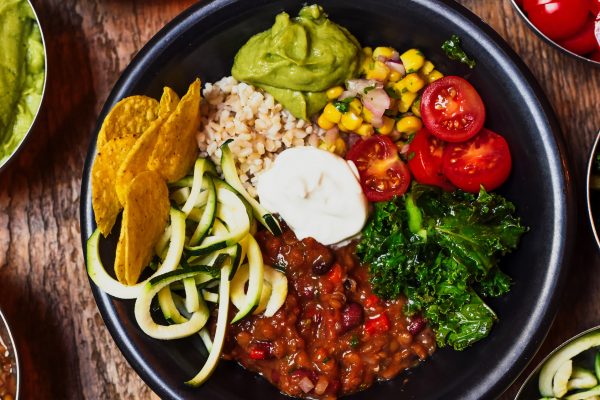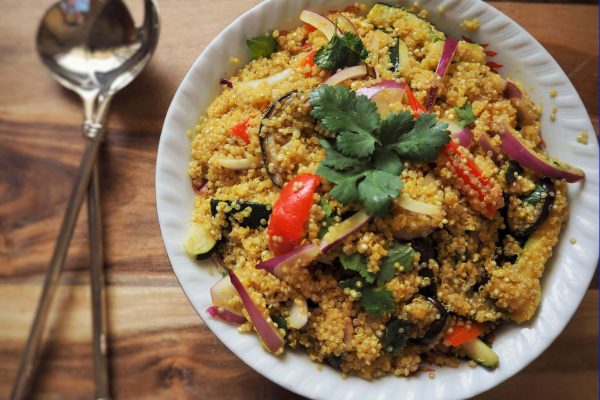Although veganism is in itself a nutrition strategy that many have followed for centuries, vegan diets have become more and more popular over recent years; an increase in awareness of the nutritional benefits of plant-based diets, greater availability of plant-based meat alternatives and other moral and religious reasons being amongst the main driving factors. The big question is, how can you ensure you’re getting enough protein as a vegan athlete?
Can elite athletes follow a vegan diet?
Absolutely! Elite athletes across multiple disciplines follow vegan diets; be it personal preference or for religious regions. Whilst many may question where and how specific protein intake requirements of those in intense training can be met when meat and dairy are lacking, there are many plant-based foods - alongside supplements - that attribute successfully to achieving a high-protein vegan diet. Vegan protein powders, high-protein vegan snacks and ensuring that meals are focussed around high-protein vegan foods can all shape a successful protein-rich diet for athletes, giving their body the fuel it needs to adequately rebuild and recover for optimum performance.
How can a vegan athlete integrate protein into their diet?
It’s true to say that vegan athletes - like all athletes - will have to keep a close eye on their own specific protein requirements according to body mass to ensure they’re consuming enough in their diet. In order to achieve daily protein targets, vegan athletes require greater volumes of foods - combining a variety of plant based protein sources - as the total protein content and amino acid profile of plant-based foods are generally inferior to animal sources.
Ensuring that you eat a good breadth of vegan protein sources with every meal, as well as choosing protein-rich snacks wherever possible, can help vegan athletes meet these goals. It would also be a good idea to integrate a soy or pea protein vegan supplement into your daily nutrition strategy if you’re struggling to meet your daily protein targets; be it through appetite or food volume.
What should vegan athletes eat?
Vegan foods such as tofu, seitan, quorn with legumes (i.e. mixed beans), lentils and chickpeas, soy yoghurts and milks, as well as nuts and seeds, are all great plant-based protein sources and form an important part of a high protein vegan diet. If daily protein intakes still fall short for vegan athletes - perhaps because of struggles with appetite or food volume - then including a soy or pea protein supplement would be a smart addition to your daily nutrition strategy to make this easier.
10 High Protein Vegan Snack Ideas
- Edamame Beans
- Mixed Nuts
- Soy Yoghurt with Fruit and Seeds
- Pint of Soy Milk
- Peanut Butter on Granary Toast
- Hummus with Vegetable Sticks or Rice Cakes
- Homemade Vegan Protein Bars
- Vegan Protein Smoothie (such as Pea+ Protein)
- Chia Seed Pudding
- Tofu Salad Wrap
How much protein should a vegan athlete eat?
Although every vegan athlete is different according to training intensity and goal, 1.6-2g/kg body mass is a good daily protein target for vegan athletes to aim for, of which 1.6-1.8g/kg is likely to be a more achievable intake.
For example, a 70kg vegan athlete will need 112-140g of protein a day. To further maximise protein synthesis - ie. the process through which your body’s cells make proteins in order to rebuild and recover - distributing this evenly through the day in 4-6 meals of approx. 23-28g per meal is a good idea.
What supplements should a vegan athlete consider taking?
- Vegan Protein Shakes - Pea and Soy Protein
This will help make hitting daily protein needs easier, taken by adding to other foods or around training. Nutrition X's Pea+ Protein has 28.33g protein with an additional 8.4g of BCAA's.
- Vitamin B12/Iron
This will help to support a lack of iron in a typical vegan diet, helping with the production of red blood cells.
Not just for vegans - everyone needs to supplement Vitamin D3, such as Nutrition X’s Daily Vitamin D3, during the winter months to support bone health, muscle function and immune health.
- Vegan (algae) Omega-3
Without any oily fish in the diet and only minimal omega 3 available from nuts and seeds, this helps to support joint health and cognitive function for improved recovery.
- Zinc
Typically found in animal protein sources, zinc is important for cell and protein formation, healing damaged tissues and maintaining a healthy immune system.
- Calcium
Vital for bone health and muscle contractile function, adding extra calcium to a vegan diet could be beneficial in preventing injuries.
- Iodine
Unless you eat a lot of seaweed, an iodine supplement will help to regulate thyroid hormones and normal metabolism.
A multivitamin like Nutrition X’s Daily Multivitamin can act as an insurance policy to ensure you hit your daily baseline intakes for key vitamins and minerals, keeping deficiencies at bay.
Vegan athletes often see improvements in strength and performance when supplementing creatine due to having significantly lower muscle creatine stores by not eating meat or fish.
Naturally found in white meats, beta-alanine increases muscle carnosine stores to support anaerobic and repeated high intensity efforts.
What are the benefits of a plant-based diet for athletes?
Plant-based diets are generally higher in carbohydrates than omnivorous diets and (when done correctly) provide a variety of colourful fruits, vegetables and fibrous whole grain carbohydrates, with sufficient protein gained through vegan protein sources. Together, this offers a wealth of nutrients and increased energy to fuel training and enhance recovery, making vegan diets beneficial for athletes for many reasons.



